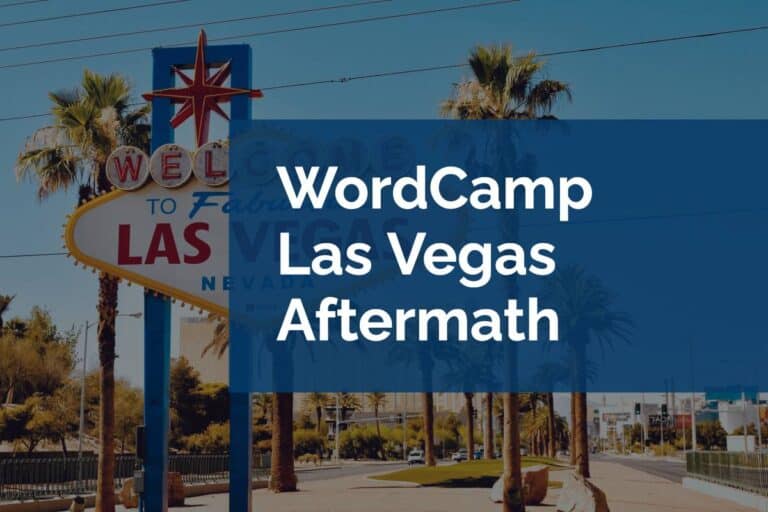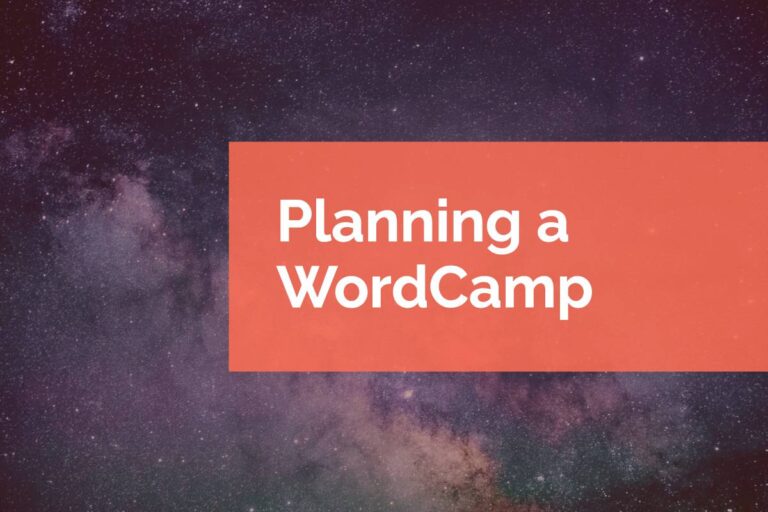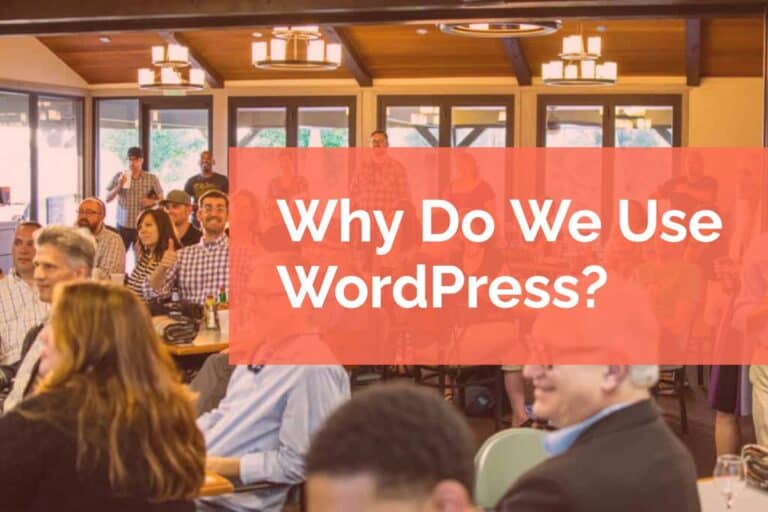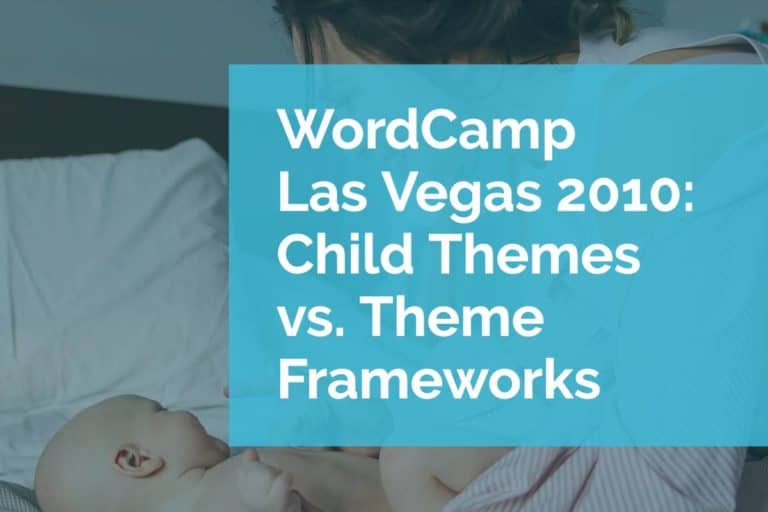Translation & Localization in WordPress
Some time back we gave a talk about preparing your code for the global community. This process is called localization. One of the key mission statements for WordPress is to democratize publishing. Part of that democratization involves making sure that tools are available all over the world in the language the user is most comfortable with. In many cases, especially with plugins, the key to localization is translation.
Localization via Translation
Now that you’ve spent the time to build that perfect plugin, you want to make sure that it can be used all over the world. You’re going to want to look at some tools that allow you to easily translate your plugin. You’re going to want a solution that allows you to not only translate the UI elements of the plugin, but also any of the configuration strings as well.
There are a few tools that we looked at for creating translations, Poedit, POEditor, and GlotPress. Each of these tools approaches the process a little differently. You’ll need to make sure that you have a native speaker of the language you’re translating into to provide accurate translations. There’s no point in translating if your translations don’t make sense.
Other Aspects of Localization
While translation is most likely the biggest hurdle between your plugin and the world, there are other factors to consider for localization.
Images
If there are a lot of images that are part of the plugin you want to make sure that the context and content are appropriate for the new market. This may be as complex as color connotations or taboo subjects.
Layout
While you’ve translated the words, you may need to adjust your layout to account for the appropriate flow of the content. Several languages are read from right to left or even vertically down the page. Make sure you don’t complicate the content with an improper format.
Numbers
Depending on the functionality of your plugin, you may need to account for differing numeric systems. This most often comes into play for currencies or for units of measurement. Even a simple adaptation to the metric system can increase the usefulness of your plugin to other English speakers.
Formatting
Similar to number systems, make sure that your dates, addresses, and phone numbers are presented in a format appropriate for the region you’re targeting.
Local Laws and Regulations
Make sure that your code follows any local laws that may be different from your own location. A great example of this is the GDPR in the European Union. And as a California company, the CCPA affects privacy requirements for California residents.






